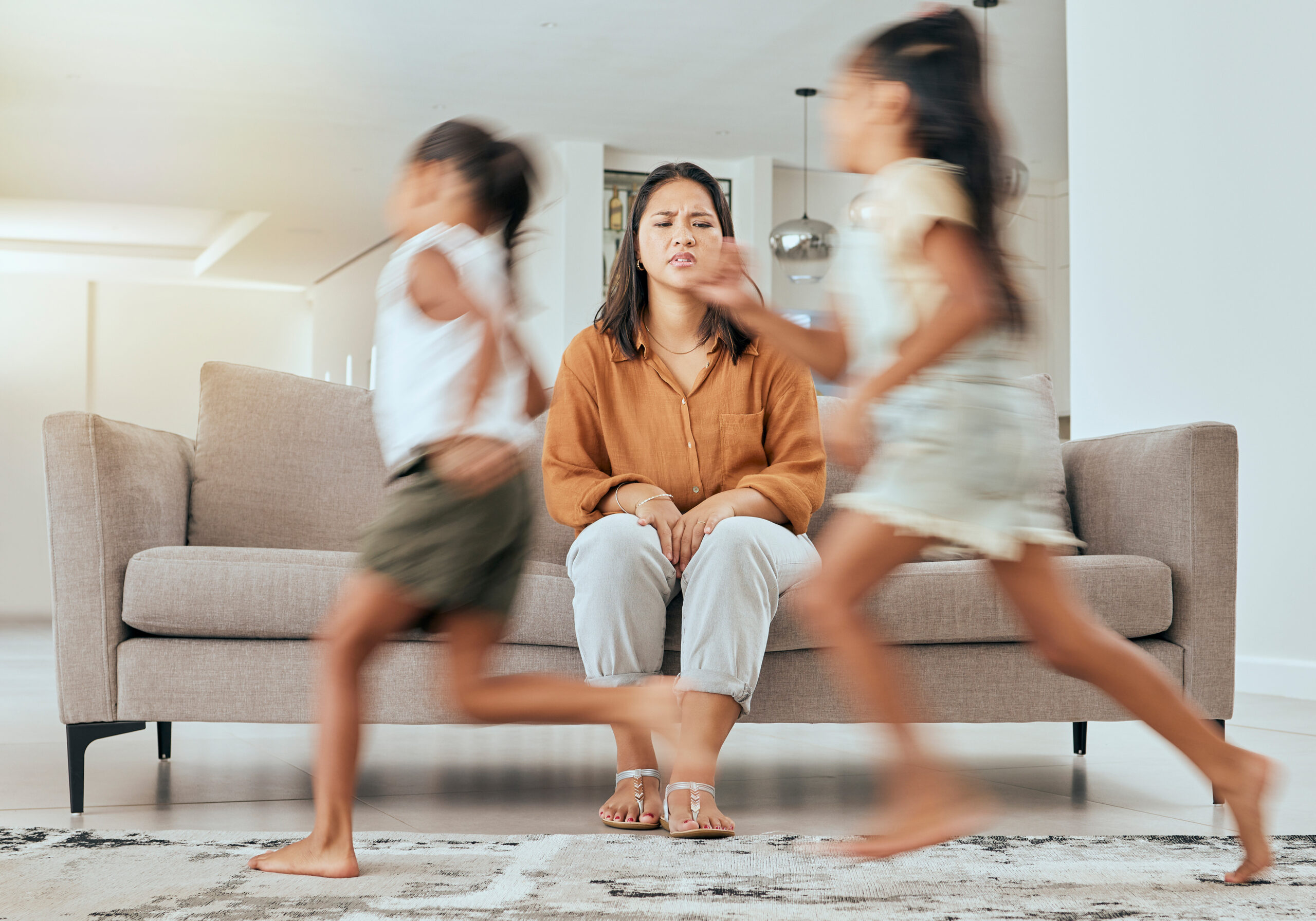By: Johnston Moore, AFL Adoption/Orphan Care Consultant
A recent study from Dr. Savannah Adkins (and others) entitled “Association Between Restricted Abortion Access and Child Entries Into the Foster Care System” looked at the question: “Is restricted abortion access associated with increased entries of children into foster care?”
According to the authors, after studying the circumstances of more than 4 million children who entered foster care between 2000 and 2020, “restricted abortion access was associated with an 11% increase in foster care entry. These findings were statistically significant for foster care entries of Black children and children of racial and ethnic minority groups compared with White children.”
The meaning of these findings, according to the authors, is that they “suggest that restricted abortion access can have far-reaching consequences, including an increase in the number of children placed into the foster care system.”
Many will, no doubt read this study, and argue that women need easier access to abortion in order to keep kids out of foster care. This position implies that a child would be better off dead than in foster care. Hopefully the nearly half million children in foster care at any given time, each of whom is fearfully and wonderfully made, and each of whom is made in the image of God, would offer ample evidence of the utter cruelty of such a belief.
To the study authors’ credit, they do not argue this position themselves. In their conclusion, they outline the implications of stricter abortion laws on the foster care system. Specifically, they say there “may” be an increase in the number of entries of children into foster care. They say that the potential increase in numbers “may exacerbate an already overburdened foster care system in many states. A further overburdened system may result in difficulty with finding placements, leading to overall worse outcomes for these children from a mental, emotional, and physical perspective.” The authors then say that the increasing number of children in foster care will cost the federal government more money as it provides funding for the foster system.
Finally, the authors say that it is “urgent” that people understand how the overturning of Roe v. Wade will impact people, as well as our national government, and that we need further studies to forecast the money needed to support any children who end up in foster care as a result.
None of the general findings of this study are particularly surprising. The findings do, in spite of the study’s admitted limitations, seem to confirm what many people in the foster care world have been saying for some time now. More restrictions on abortions will lead to more babies being born. More babies being born will, possibly, lead to more children in foster care.
No one would argue that foster care is desirable for children – in a perfect world at least. The question, though, is not to figure out ways to make abortion more accessible so that kids stay out of foster care. Instead, the question, for followers of Jesus, and others who value all human life, is “Given the reality that more children are at risk for entering foster care, what are we going to do about it?”
If that is the question, and I believe it is, the answer is simple: we respond to this as we’re called, and that is to love our neighbors as ourselves.
What exactly does that look like? It means, for starters, that we support families who are at risk. We need to come alongside families in poverty, families in which substance abuse and/or domestic violence are prevalent. Families in which single parents are raising children. Families with inadequate housing.
We need to support women experiencing crisis pregnancies. We need to come alongside them as they carry their children to term, letting them know that they are not alone, that they can choose an adoption plan for their children if they do not believe they will be able to parent well. We need to remind them that the Church will support them no matter what, including whether they choose to raise their children, or make an adoptive plan for them.
We need to support families who open their homes to children through adoption. We need to let them know they are not alone and that the Church will be there as they pursue their adoptions and beyond as they raise the children God has brought to them.
We need to support families who have opened their homes to children in foster care. We need to walk with them as they navigate what continues to be a broken system that oftentimes leaves them feeling burnt out, unappreciated, and even vilified.
We need to support child welfare workers, who daily see horrors perpetrated on children that most of us could never imagine, and who also often find themselves feeling burnt out, unappreciated, and vilified.
We need to support the children, of course, too, as they overcome trauma, feelings of loss, while, hopefully, growing into the people that God created them to be. In supporting these various groups of people, we must not only provide emotional and physical support, but we must offer prayer support as well.
Finally, it also means we need to raise up far more families who are willing to open their homes to children in need. Whether they are placed for adoption by their biological parents, or placed into the foster care system.
If you’re interested in learning more about how you and your church can support children, families, and child welfare workers, or if you want to know more about adoption and/or foster care, write to us at adoption@anglicansforlife.org. Also, check out the More than Enough Initiative from the Christian Alliance for Orphans online at cafo.org/morethanenough/.

